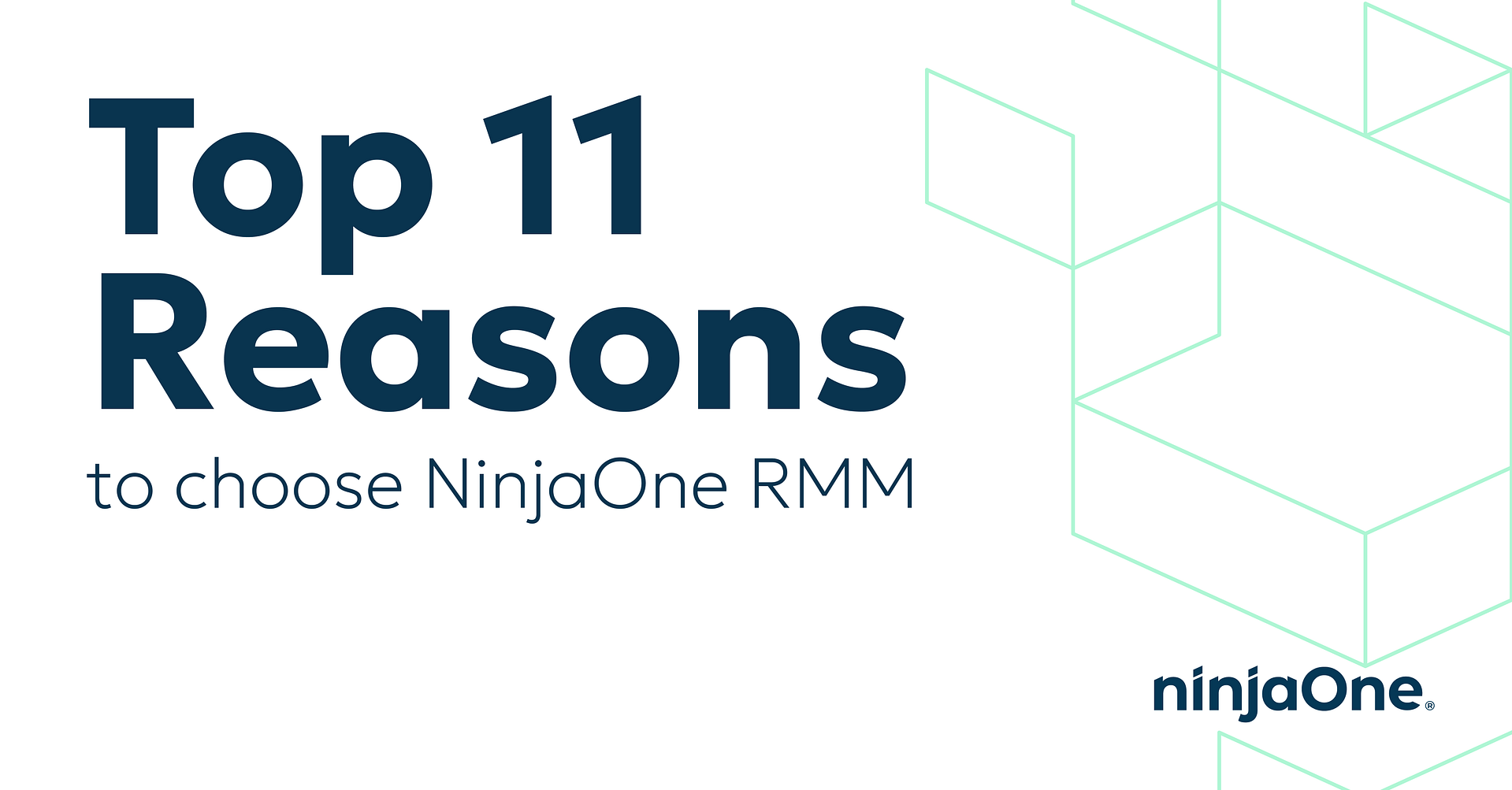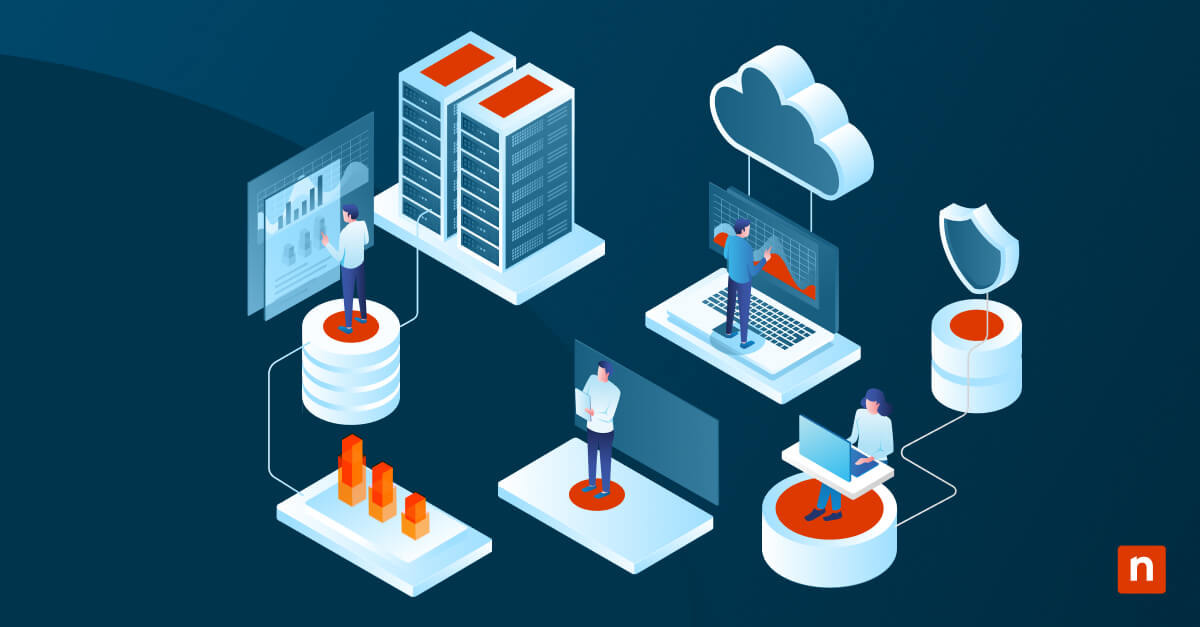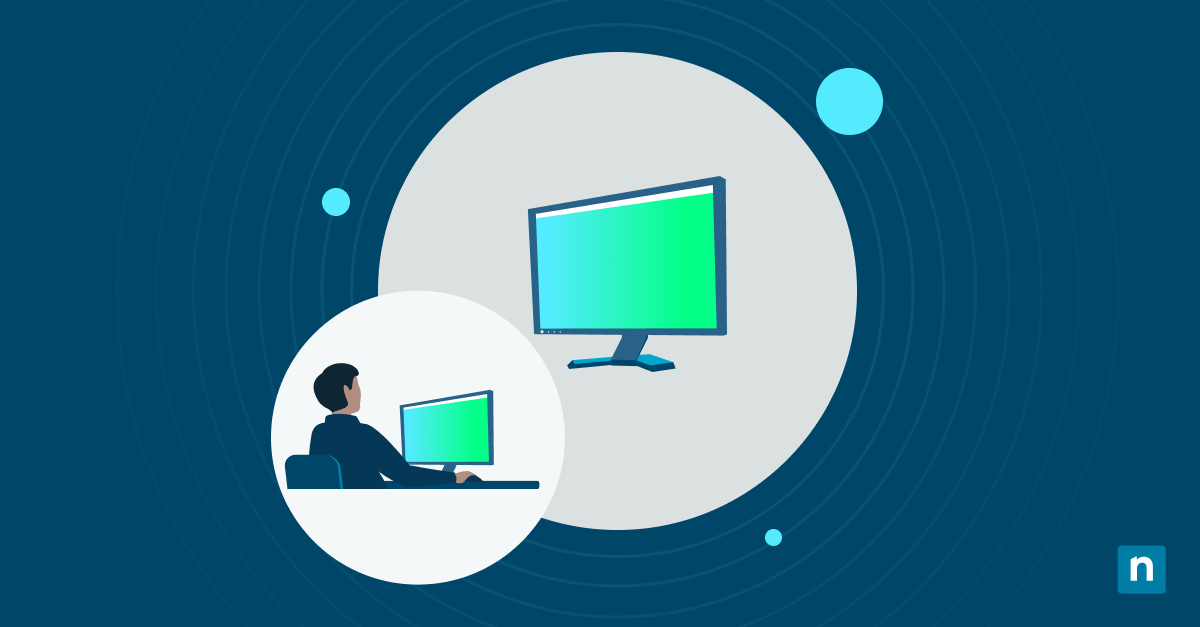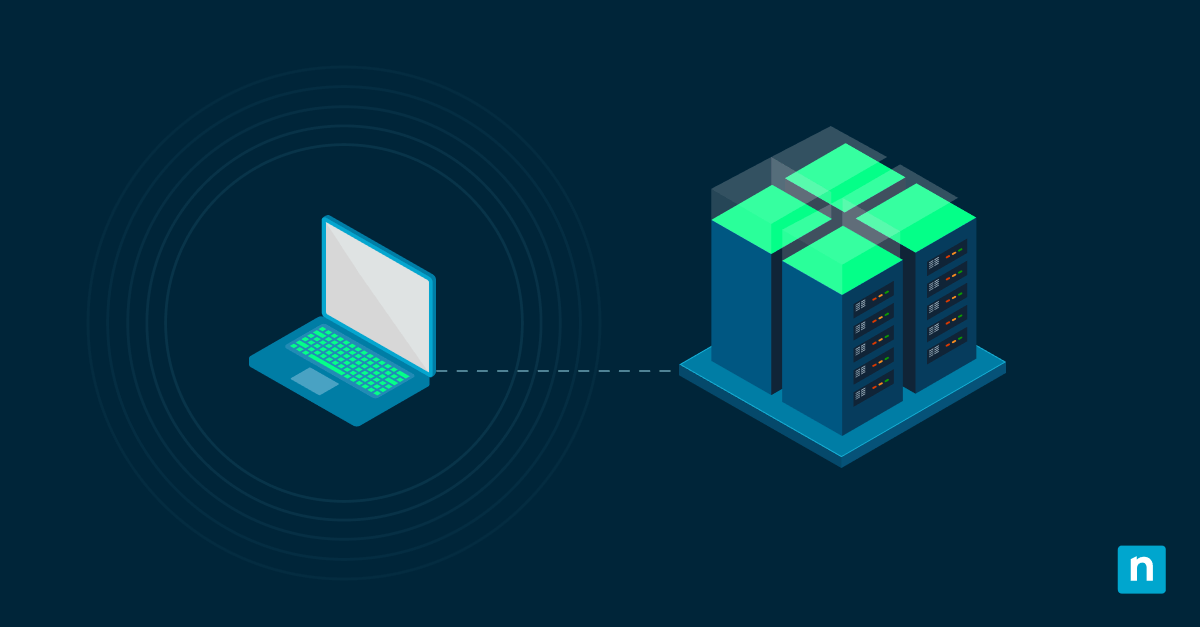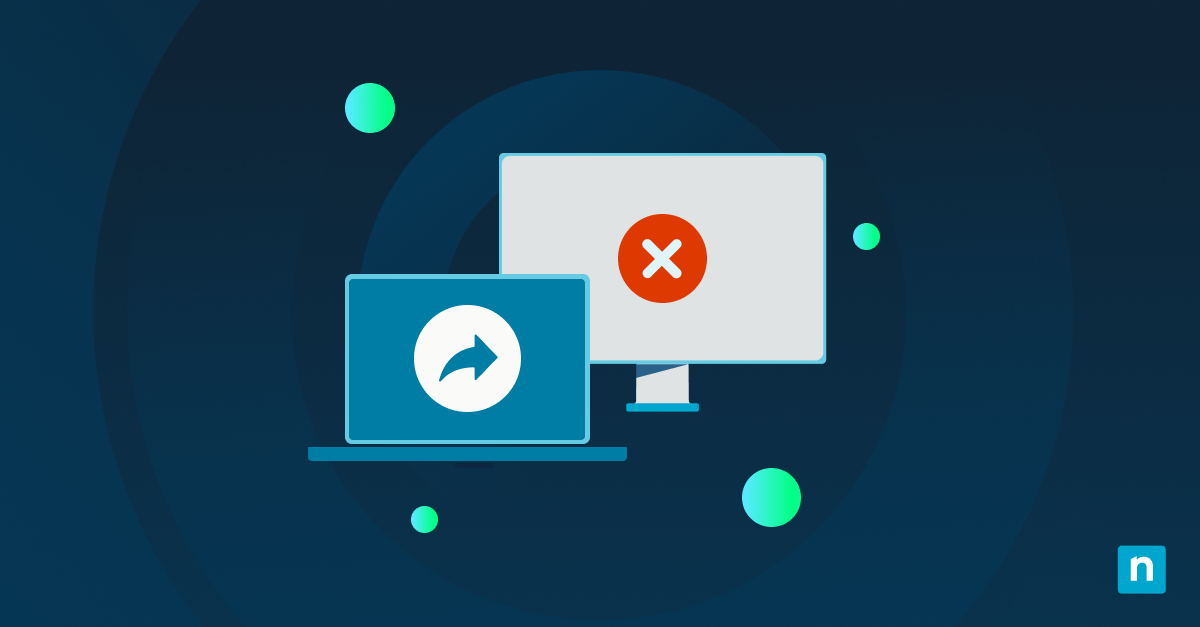Dedicated devices are vital tools for businesses looking to optimize their operations, and unlike general-purpose devices, they are engineered to perform specific tasks such as Point-of-Sale (POS) and medical monitoring. In this guide, we’ll explore what dedicated devices are, how they work, and hardware selection best practices that will ensure you get the most from your IT investments.
What are dedicated devices?
Dedicated devices are specialized hardware designed to perform a specific function or set of functions. Unlike general-purpose devices like computers or smartphones, which can run a wide range of applications, dedicated devices are built for a singular task, such as processing payments or controlling industrial machinery. These devices are purpose-built for their specific tasks, ensuring optimized performance, reliability, and security.
Choosing the best hardware
Choosing the right dedicated device is a crucial first step, as the hardware directly impacts the efficiency and effectiveness of operations. The wrong choice can lead to performance bottlenecks, downtime, and potential security vulnerabilities. On the other hand, selecting the appropriate dedicated device tailored to your business can enhance productivity and provide a more secure environment. By investing in the right hardware, companies can ensure that their operations run smoothly and that they are equipped to meet industry-specific demands.
Types of dedicated devices
Computers and workstations
Dedicated computers and workstations are built to handle specific tasks that require significant processing power or specialized software. For example CAD (computer-aided design) or video editing workstations are configured with high-performance CPUs, GPUs, and large memory capacities to manage intensive workloads efficiently. These devices ensure that professionals in these fields have the necessary resources to perform their tasks without lag or downtime.
Servers
Servers are dedicated devices designed to manage network resources, host websites, store data, and run applications for multiple users simultaneously. They are optimized for reliability, uptime, and handling large amounts of data. Different types of servers, such as web servers, database servers, and file servers, are tailored to specific functions within a business’s IT infrastructure. Selecting the right server ensures seamless operation, quick access to information, and robust security for sensitive data.
Networking equipment
Networking devices, such as routers, switches, and firewalls, are dedicated to managing and securing data flow across a network. These devices are critical for maintaining network efficiency, ensuring data security, and enabling reliable communication between different parts of an organization. The right networking equipment can protect against cyber threats and facilitate smooth operations across distributed systems.
Mobile devices
Dedicated mobile devices, such as handheld scanners, POS terminals, and ruggedized tablets, are designed for specific tasks in various industries. For example, in retail, a dedicated mobile POS terminal allows for quick and secure transactions, while in logistics, a rugged handheld scanner is essential for tracking inventory. These devices are built to withstand specific environments, whether it’s handling frequent use, exposure to elements, or constant mobility, ensuring they perform reliably in their intended roles.
IoT devices
The Internet of Things (IoT) encompasses a wide range of dedicated devices designed to collect, transmit, and analyze data from their environment. These devices include smart sensors, home automation systems, and industrial control units, each serving a specific purpose, such as monitoring temperature, controlling lighting, or managing factory operations. IoT devices are crucial for creating connected systems that provide real-time data, enabling automation and smarter decision-making in various sectors, from smart homes to manufacturing plants.
Benefits of using dedicated devices
When choosing enterprise hardware for your business, dedicated devices offer several significant advantages over general-purpose equipment. Here are some key benefits that make these devices a valuable investment.
- Enhanced performance: Dedicated devices are optimized for specific tasks, delivering faster processing speeds and greater efficiency. This focus ensures superior performance, making them ideal for environments where speed and accuracy are critical.
- Improved security: With fewer vulnerabilities and tailored security features, dedicated devices offer enhanced protection against cyber threats. Their specialized design reduces the risk of attacks, making them more secure for handling sensitive data.
- Reliability and durability: Built to withstand demanding environments, dedicated devices ensure consistent performance and longevity. Their reliable operation minimizes downtime, crucial for industries where continuous function is essential.
- Customization and scalability: Dedicated device management provides customization to better meet specific needs while easily scaling as business demands grow. This adaptability makes them a flexible, long-term solution for evolving operational requirements.
Key considerations when choosing dedicated devices
Business requirements and unique use case
Understanding your specific business needs is always important when considering how to choose IT hardware. Identify the tasks the device will perform and ensure it aligns with your operational goals. Consider how it will integrate into your current workflows and address the challenges unique to your industry.
Budget and total cost of ownership
Beyond the initial purchase price, consider the total cost of ownership, including maintenance, upgrades, and potential downtime. Assess whether the investment aligns with your budget while providing long-term value and cost efficiency.
Compatibility with existing systems
Ensure that the dedicated device is compatible with your current infrastructure. Seamless integration with existing systems is vital for maintaining workflow continuity and avoiding costly disruptions during deployment.
Vendor reputation and support
The reliability of your chosen device often depends on the reputation and support provided by the vendor. Research the vendor’s track record and customer reviews to ensure they can offer the necessary assistance and updates.
Future-proofing and scalability
Select devices that can adapt to your business’s future needs. Consider scalability options and whether the device can be upgraded or expanded as your business grows, ensuring a longer lifespan and sustained relevance.
Examples of real world use
Dedicated devices play a crucial role across various industries by addressing specific operational needs and enhancing overall efficiency. The following examples highlight how these devices are utilized in different sectors:
Retail business
A large retail chain implements dedicated POS (Point-of-Sale) terminals to streamline checkout processes. These devices are customized to handle high transaction volumes efficiently, leading to faster checkout times, improved customer satisfaction, and reduced errors in payment processing. The dedicated POS systems also integrate seamlessly with the store’s inventory management software, helping to automate stock tracking and reorder processes, ultimately enhancing overall operational efficiency.
Healthcare provider
A hospital adopts dedicated medical monitoring devices to track patient vitals continuously. These devices are designed specifically for real-time monitoring, providing accurate and reliable data to healthcare professionals. The integration of these dedicated devices into the hospital’s electronic health records (EHR) system allows for immediate updates, reducing the risk of manual entry errors. This implementation then improves patient care by enabling faster response times to critical health changes and ensuring compliance with healthcare regulations.
Manufacturing company
A manufacturing firm introduces dedicated industrial control systems to manage and monitor its production line. These systems are tailored to the specific machinery used, ensuring precise control over operations and minimizing the risk of errors or downtime. The dedicated devices also offer advanced data analytics, allowing the company to optimize processes, reduce waste, and improve product quality. The robust nature of the dedicated devices ensures consistent performance in the harsh conditions of the manufacturing environment, enhancing both productivity and safety.
Common device mistakes to avoid
A common mistake is overlooking future needs, which can result in the device becoming obsolete or insufficient as your business expands. Without considering how your business might grow, you may find that the device lacks the necessary capacity or features to keep up, forcing you to invest in new hardware sooner than anticipated. It’s important to choose devices that are scalable, allowing them to evolve alongside your business and adapt to increased demands or new requirements.
Another significant pitfall is ignoring compatibility issues. It’s crucial to ensure that the dedicated device integrates smoothly with your existing systems and infrastructure. Failing to address compatibility can lead to disruptions and additional costs for modifications or new software to bridge gaps. Seamless integration not only preserves operational efficiency but also saves you from unexpected expenses down the line.
Neglecting security features can expose your business to substantial risks, such as data breaches or compliance failures. Prioritizing devices with strong, built-in security measures is essential to protect sensitive information and maintain trust with your customers and stakeholders.
Focusing solely on cost might appear to save money in the short term, but this approach can result in higher long-term expenses. Cheaper devices may suffer from inefficiencies, require more frequent maintenance, or need to be replaced sooner, ultimately costing more than a higher-quality option. Therefore, it’s crucial to balance cost considerations with quality and long-term value to make a smart investment.
In summary
Dedicated devices offer numerous benefits across various sectors by providing enhanced performance, improved security, and reliable, tailored solutions for specific tasks. When choosing the right device, it’s essential to carefully consider your business requirements, budget, compatibility with existing systems, and the potential for future growth. By avoiding common mistakes and making informed decisions, businesses can ensure they invest in hardware that not only meets their current needs but also supports long-term success and adaptability.
As you move forward, focus on choosing dedicated devices that not only meet your current operational demands but are also scalable and future-proof. Prioritize security and ensure that your chosen devices integrate seamlessly with your existing infrastructure. By making informed decisions and avoiding common pitfalls, you can maximize the benefits of dedicated devices, driving long-term success and resilience for your business.



